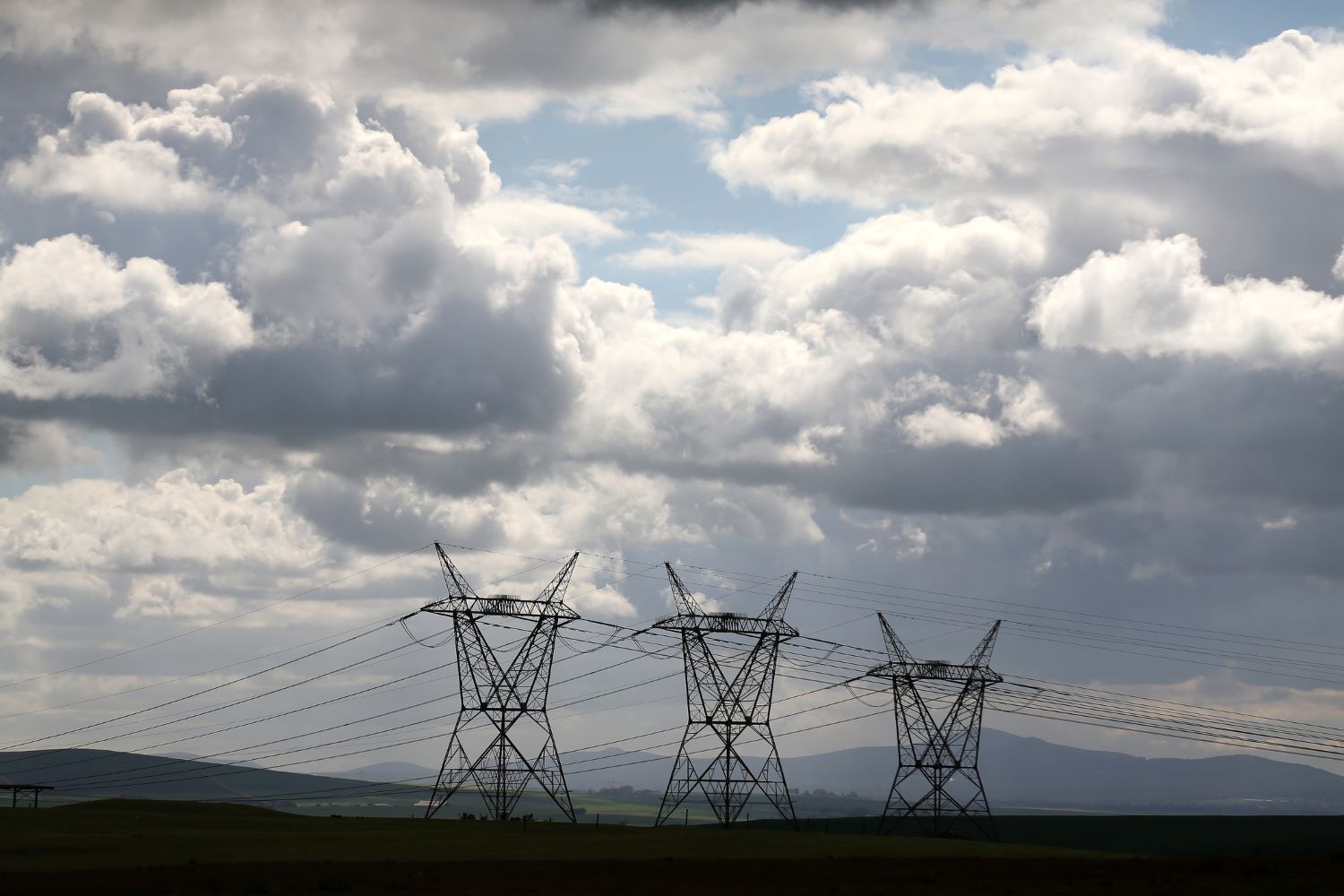Unlawful electricity tariffs back in court on Friday.
AfriForum will be back in the High Court in Pretoria on Friday (29 November) in an effort to get more than 100 municipalities that implemented unlawful electricity tariffs on 1 July to pay the money back to affected consumers.
This comes after the Supreme Court of Appeal last week responded favourably to a petition from energy regulator Nersa and the South African Local Government Association (Salga) by granting them leave to appeal against a June ruling of the high court that the tariff increases were unlawful. The appeal will be heard later by a full bench of the high court.
Moneyweb previously reported that AfriForum went to court to have Nersa’s approval of municipal tariff increases for 2024/25 reviewed and set aside in those cases where the decisions were not based on cost-of-supply studies.
Despite the legislative requirement that electricity tariffs for Eskom and other distributors like municipalities must be based on the cost of supply plus a reasonable margin, Nersa for more than a decade used a method of setting a guideline for the percentage increase and tariff benchmarks.
The high court declared this method unlawful in 2021, stating that tariffs must be based on a formal cost-of-supply study. It gave Nersa two years to develop a new methodology.
The regulator failed to do this, and more than 100 of the 180 municipal electricity distributors failed to do such studies.
ALSO READ: Nersa publishes Eskom’s request for hefty 36% electricity tariff hike
Tariff applications approved
Nersa nevertheless proceeded to approve the tariff applications of all municipal electricity distributors – with or without a cost study.
That prompted AfriForum’s application, and the high court agreed with the civil rights movement.
Nersa and Salga however decided to fight back and applied for leave to appeal. When that was refused in September, they petitioned the high court successfully.
Appeal proceedings normally suspend the implementation of an order, but an applicant may ask the court for an order to implement the original order despite the pending appeal. To be successful, the applicant must show that the further suspension of the order will lead to irreparable harm.
This is exactly what AfriForum will try to achieve on Friday.
ALSO READ: Court denies Nersa and Salga appeal: 112 municipalities at risk of refunding users
Stong case, AfriForum believes
“The only lawful tariffs those municipalities could have charged since 1 July were last year’s tariffs,” says Morne Mostert, manager of local government affairs at AfriForum.
“Those municipalities [that didn’t] must pay back the tariff increases consumers have been paying since then or at least give them credit on their municipal accounts.”
He says AfriForum is convinced that the damage consumers have suffered since the implementation of the new tariffs is sufficient to justify the implementation of the earlier court order.
“Millions of municipal electricity consumers all over the country are currently suffering financial damages as a result of the continued implementation of these unlawful tariff increases.”
Mostert says municipalities may struggle to correct the billing of electricity consumers, particularly in the case of those who purchase prepaid electricity. These consumers are at risk as municipalities may not know how to refund them or provide credit.
“This process could take months, and as long as the invalid tariffs continue to be applied, the impact grows daily,” says Mostert.
If the matter drags on too long, it could extend into the next financial year, further complicating the recalculations.
ALSO READ: Nersa not willing to accept municipal tariff ruling
Nersa not helping matters
The Nelson Mandela Bay Business Chamber recently stated during Nersa’s public hearing on Eskom’s application for a 36% tariff increase next year that many municipalities fail consumers with poor quality electricity supply and illegal tariffs.
Nersa does nothing about this, they say.
The chamber warned that, as things stand, municipal electricity tariffs in South Africa could become the highest in the world next year. The government must either reform municipalities or suspend their licences for electricity distribution, it argued.
Meanwhile, Nersa has yet to develop a new methodology for determining municipal electricity tariffs. Additionally, the regulator must soon decide on Eskom’s application to drastically alter its tariff structures. Municipalities will likely attempt to adjust the consumer tariffs they implement accordingly, adding further complexity.
ALSO READ: Potential challenge looms over municipal electricity tariff hikes
Gumede suspension
It was revealed last week that Minister of Electricity and Energy Kgosientsho Ramokgopa had suspended Nersa’s head of electricity.
Ramokgopa stated on radio station 702 that Nhlanhla Gumede, a full-time regulator member for electricity, was suspended after Nersa’s board complained to the minister that he had damaged the regulator’s reputation.
This was presumably in reference to Gumede telling the Sunday Times in an interview that Nersa is to blame for high electricity tariffs by applying inappropriate methodologies.
After the interview was published, Nersa issued a statement saying it distanced itself from Gumede’s utterances.
Ramokgopa said the matter is being dealt with in terms of the Labour Relations Act. Gumede was given the opportunity to respond to the accusation, and denied it in a lengthy letter.
Gumede did not respond to a request for comment.
This article was republished from Moneyweb. Read the original here.
